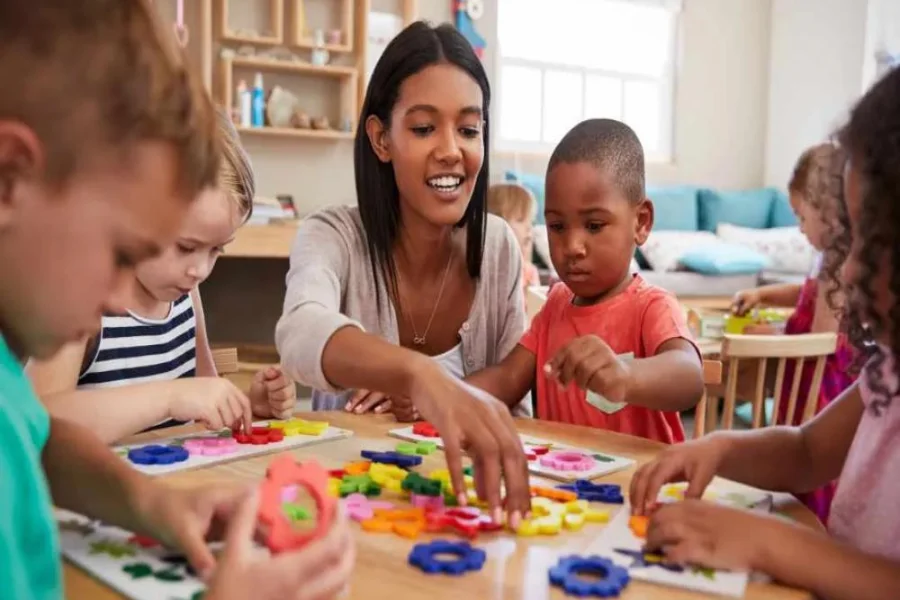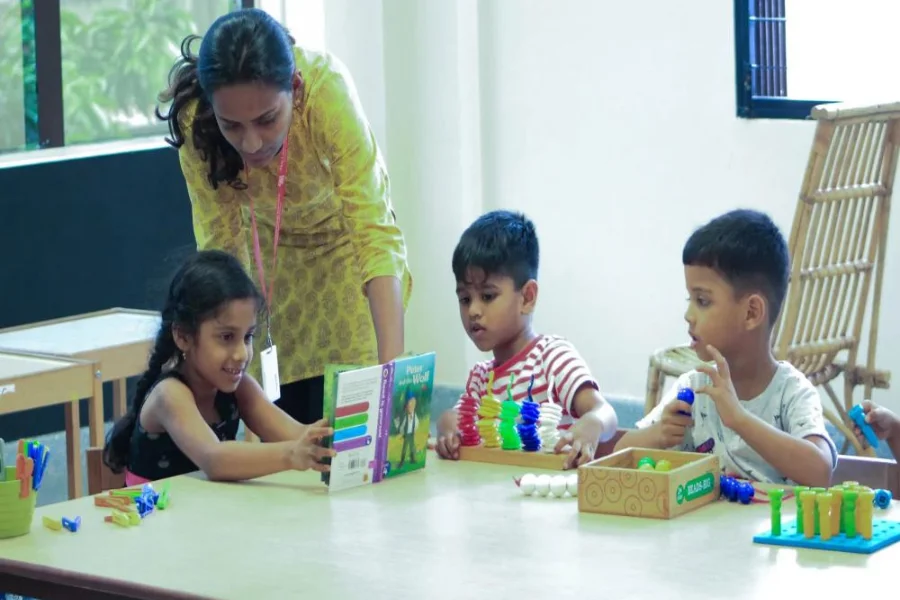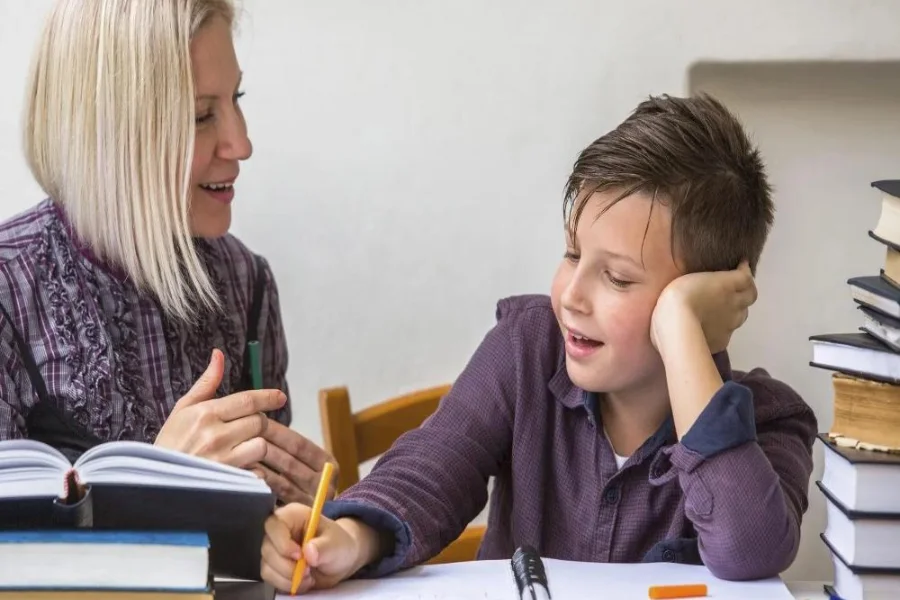Types Learning Disability

Source: encrypted
Types Learning Disability
As we move together co-operatively towards the application of inclusive education understanding the numerous categories of learning disabilities is necessary for instructors, close relatives, and anybody indulged in child growth is a necessity. These incapacities can expressively influence a youngster’s theoretical and social development, so creating mindfulness is vital. Kinds of learning incapacities incorporate a variety of trials that affect a youngster’s capability to study, process material, and communicate efficiently.
Classifying and speaking about the various types of learning disabilities can lead to personalized support approaches that expressively improve learning effects. It is crucial to recognize that each form of learning difficulties brings different struggles but with the proper support and commitment, kids may succeed both in and out of the classroom. As we look into different sorts of learning difficulties, it becomes apparent that understanding, patience, and appropriate educational techniques are critical to assisting children in overcoming these challenges.
Table of Content

Source: nwcstraining
What are the different types learning disability?
When one decides to embark on a career path of Learning Disabilities the most crucial question that arises is what are the different types of learning disability.
Understanding various forms of learning disabilities is crucial for teachers, parents, and caregivers to assist and educate children who face these challenges effectively. There are many types of learning diseases each with a particular impact on learning and advancement.
Listed below are the most commonly known types of learning disabilities.
Dyslexia
One of the most prevalent types of learning disability, dyslexia primarily affects reading skills. Persons with dyslexia frequently brawl with exact and/or accomplished word gratitude, as well as poor predicting and deciphering aptitudes.
Dysgraphia
This type of learning disability impacts writing skills. Dysgraphia may be recognised as subjects with script, spelling, and arranging thoughts on paper, creating a written appearance challenging.
Dyscalculia
This learning disability specifically affects a person’s ability to understand numbers and mathematical concepts. Persons with dyscalculia can struggle to learn humble math ideas, achieve money, and classify periods.
Auditory Processing Disorder
This is a type of learning disability where individuals struggle to process what they hear in the same way others do. It may make it problematic to identify unintended differences amongst noises in words, even when Auditory Processing Disorders are lurid and strong sufficient to be caught.
Language Processing Disorder
Similar to auditory processing disorder, this type of learning disability involves difficulties in attaching meaning to sound groups that form words, sentences, and stories.
Nonverbal Learning Disabilities
This category encompasses a range of social and spatial disabilities. Individuals may struggle with motor management, difficult problem-solving, and social dealings.
Visual Perceptual/Visual Motor Deficit
This type of learning disability affects the understanding of information a person sees and their ability to draw or copy. Identifying letters, numbers, and common things can be challenging.
Each type of learning disability shows unique challenges, and identifying them is key to providing proper support. It’s essential to remember that with the right plans, children with any of these types of learning disabilities can grow well academically and personally.
For enrolment details of Learning Disability Course call VES at +919321024137 / +919869866277.
To download the Learning Disability Course brochure Click Here

Source: careerguide
What are the problems of learning disability?
The challenges of learning disability are complicated and can influence various aspects of a child’s educational and daily life. Understanding these problems is crucial to offer effective support and involvements.
Here are some common problems related to learning disabilities:
Problems with Reading and Writing
This is a significant challenge for many with learning disabilities. It can involve striving to understand and process written words, trouble with spelling, and struggling to show thoughts in writing.
Difficulties with Math
Problems of learning disability often extend to math, where children might find it hard to grasp basic concepts, struggle with number sense, or have difficulties in solving mathematical problems.
Poor Memory
Children with learning disabilities may have trouble with memory, especially in retaining and recalling information learned in class.
Problems Paying Attention
Attention difficulties are a common facet of learning disabilities, making it hard for children to stay focused during lessons or while doing homework.
Trouble Following Directions
Understanding and following multi-step directions can be a hurdle, leading to challenges in completing tasks correctly.
Clumsiness
In some types of learning disability, there can be issues with motor skills, resulting in clumsiness or uncoordinated movements.
Trouble Telling Time and Staying Organized
Learning disability problems can make concepts like time management and organization challenging. This can distress daily habits and educational duties.
Problems Staying Organized
Organizational skills are often compromised, making it difficult for children to keep track of their schoolwork and personal items.
These challenges of learning disability can expressively affect a kid’s educational performance and self-respect. However, with the right care and strategies, children with learning disabilities can overcome these challenges and succeed both in and out of the classroom. Recognizing and addressing the diverse problems of learning disability is key to helping these children succeed.
For enrolment details of Learning Disability Course call VES at +919321024137 / +919869866277.
For Downloading the Learning Disability Course brochure Click Here

Source: fsedu
How does certificate course in learning disability help?
A certificate course in learning disability is a valued skill for teachers, parents, and anyone involved in fostering and educating children with special needs. Applying to such a program, like the Diploma in Learning Disability offered by Vidhyanidhi Education Society, offers various assistances that improve both personal and professional growth.
Here’s how this certificate course in learning disability can be a game-changer:
Widely Accepted Certification across the Globe
This certification is recognized internationally, providing you with opportunities to work and make an impact worldwide.
Easy-to-Do Online / Distance Courses
Flexibility is key. The course can be finished online or via distance learning, fitting effortlessly into your busy routine.
MCQ-Based Online Assessment
The assessment method is straightforward, consisting of multiple-choice questions that evaluate your understanding without any undue stress.
Reference Letter for Internship
The course provides a reference letter for internships, allowing you to gain practical experience in real-world settings.
Affordable Fees and Simple Course Content
The course is designed to be cost-effective and the content is easy to comprehend, making learning both accessible and engaging.
Course Developed by Licensed Practitioners
You can trust the quality of education, as the course content is crafted and reviewed by experts in the field.
Mentoring from Experienced Mentors
The guidance provided by seasoned mentors is invaluable, offering insights and practical advice.
No Mention of Online Mode on Certificate
The certificate does not differentiate between online and offline modes, ensuring your qualification is versatile and universally recognized.
Registering in a certificate course in learning disability provides you with the required skills and knowledge to meritoriously support and teach individuals with learning disabilities. The complete training, together with the practical benefits offered by Vidhyanidhi Education Society, makes this program an important milestone for those aiming about making a change in the field of special education.
“Empower lives with VES’s Learning Disability Course today!”
For enrolment details of Learning Disability Course call VES at +919321024137 / +919869866277.
For Downloading the Learning Disability Course brochure Click Here
FAQs
How do I become a learning disability teacher?
To become a learning disability teacher, complete specialized training and certification, such as from a reputed Institution like VES.
How common are learning disabilities?
Learning disabilities are very similar, distressing about 10% of the world’s population.
What is the cause of most learning disorders?
Most learning disorders are caused by differences in brain processing, not by external factors or intelligence levels.
What is learning disability in education?
In training, a learning disability is a neurological condition that distresses processing and learning proficiency.




